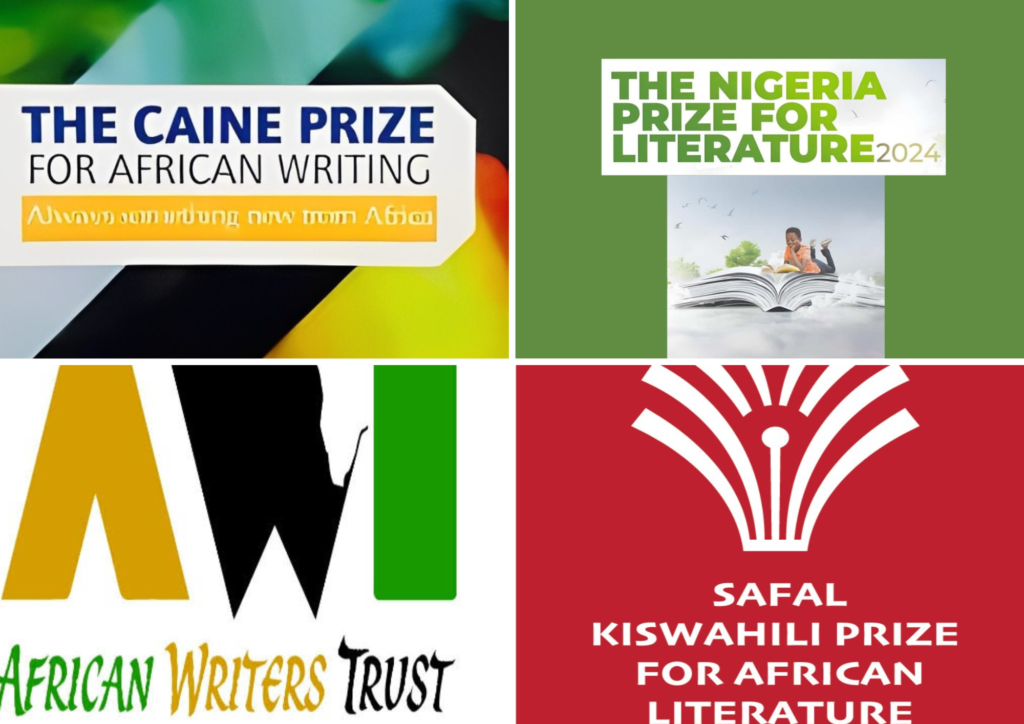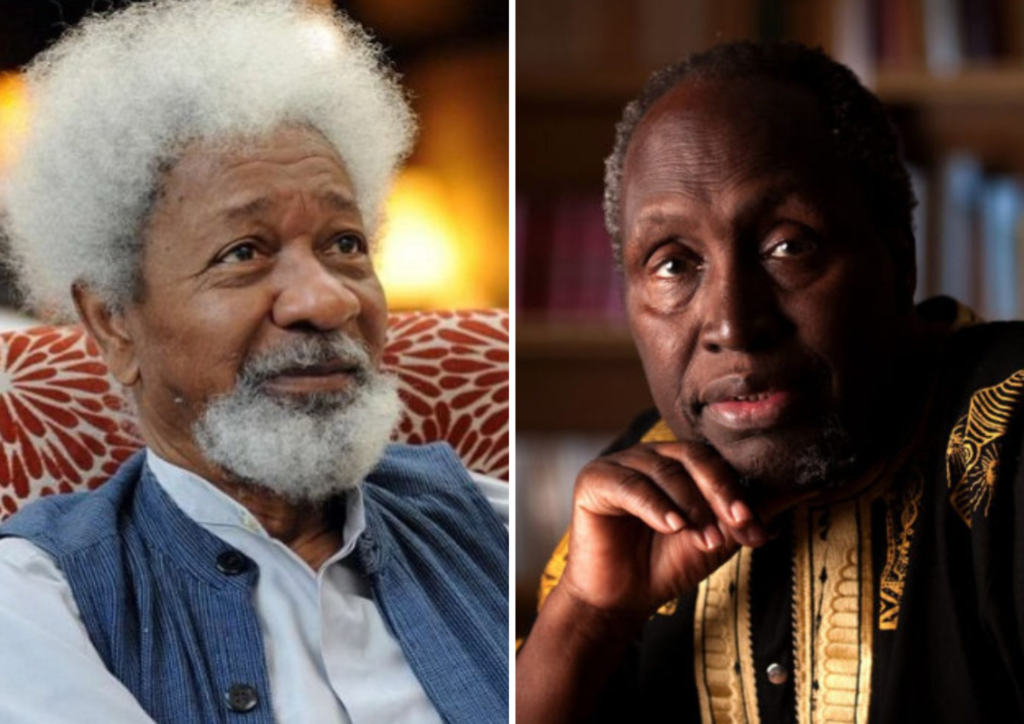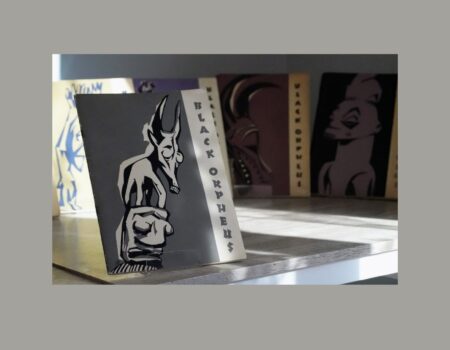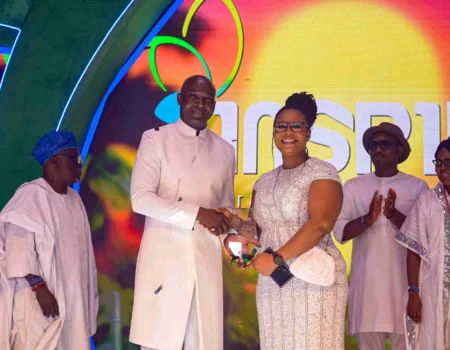African literary awards have made significant strides in recognizing and celebrating the continent’s rich literary talent. These awards serve as vital platforms for African writers, helping them gain international recognition while promoting African literature on the global stage. But what is the current state of these awards, and how can they evolve to meet the needs of the future?
The Current Landscape of African Literary Awards
Over the years, numerous awards have been established to acknowledge outstanding works of fiction, non-fiction, poetry, and drama across Africa. Notable examples include the Caine Prize for African Writing, African Writers’ Trust Award, The Wole Soyinka Prize for Literature, The Ngũgĩ wa Thiong’o Prize for Literature, and The Nigeria Prize for Literature. These awards have played a crucial role in advancing literature across the continent and nurturing future generations of writers.
The Caine Prize for African Writing, established in 2000, has been instrumental in spotlighting short stories from African authors. It has helped launch the careers of writers like Helon Habila, NoViolet Bulawayo, and Leila Aboulela, who have gone on to gain international acclaim. Similarly, awards like the Wole Soyinka Prize for Literature and the Nigeria Prize for Literature have fostered a sense of pride and accomplishment within the African literary community by offering substantial prize money, publishing deals, and a platform for African voices to be heard globally.
These awards have also served as cultural ambassadors, showcasing African stories that might otherwise remain unknown outside the continent. They are not just celebrations of literary excellence but are also instrumental in promoting African literature within schools and universities, helping to cultivate a new generation of readers and writers deeply connected to their literary heritage.

Challenges for African Literary Awards
Despite their successes, African literary awards face several challenges that hinder their full potential. One of the most significant limitations is their overwhelming focus on English-language works. While this emphasis is understandable given the global dominance of English, it marginalises the rich linguistic diversity of the continent. African literature is not monolithic; it spans a multitude of languages, each with its own unique cultural expressions. By prioritising English, these awards risk perpetuating colonial structures and undermining efforts to preserve and promote Africa’s linguistic heritage.
Funding constraints further complicate the landscape. Many African literary awards rely heavily on sponsorship from foreign organisations or philanthropic bodies, introducing external pressures and biases. This dependence raises questions about the sustainability of these awards and their ability to stay true to their original mission of promoting African literature in its truest form. As the Zen proverb goes, “The obstacle is the path,” and these challenges must be addressed to ensure that African literary awards continue to thrive.
One other major issue is that these awards are too few and far between for the brimming creative talents domiciled in Africa. More nurturing organizations must be created to cater to the large African creative landscape and give more opportunities to deserving talents.
The Future of African Literary Awards
Looking ahead, tomorrow’s African literary awards could see greater collaboration among writers, publishers, and organisations, fostering a more cohesive literary community. To truly honour the diverse literary traditions of the continent, future awards must strive for inclusivity, not only by recognizing works in major languages but also by celebrating literature in indigenous languages. This could involve creating categories specifically for non-English works or offering translation services as part of the prize.
Innovations in technology could also play a role in the future of African literary awards. Digital platforms could be used to reach a wider audience, making the awards more accessible to readers and writers across the continent and beyond. Virtual ceremonies, online voting, and digital submissions could reduce costs and make the awards more sustainable in the long run.
Moreover, there is potential for expanding the scope of these awards to include genres beyond fiction, such as creative nonfiction, literary journalism, and even graphic novels. By doing so, African literary awards can reflect the full spectrum of African storytelling, offering recognition to writers who push the boundaries of traditional literary forms.

Conclusion
African literary awards have come a long way in celebrating the continent’s rich literary talent, but there is still much work to be done. By addressing challenges such as language diversity and funding constraints, and by embracing new technologies and literary forms, these awards can continue to grow and evolve. The future of African literary awards lies in their ability to be inclusive, sustainable, and innovative, ensuring that African literature not only survives but thrives on the global stage.
As readers and supporters of African literature, we can all play a part in this evolution. By staying engaged with these awards, promoting the works of African writers, and advocating for greater inclusivity, we can help shape the future of African literary awards for generations to come.
Here’s to many more awards springing up in the near future!






